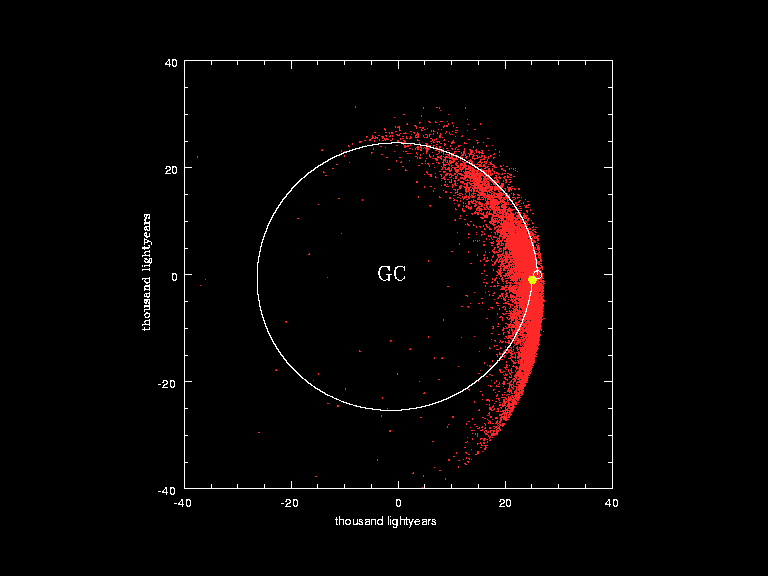I will say up front that this is one of the most helpful paragraphs I have ever read:
The unreasonable creatures are in some sort said to glorify him: [Psalm 19:1] ‘The heavens declare the glory of God.’ How? They give occasion and afford matter whence we may take hints to glorify him. As in music there are the notes set out in the book, and the tongue that sins, or hand that play, which makes the music. The creatures are the notes, or music, that is set, and have the notes, the keys, and characters of the harmonious glory of God stamped upon them, Rom. i. 20. But then there must be an understanding creature, that hath skill and ability, to utter forth the music and harmony of all these.
(Thomas Goodwin, The Work of the Holy Spirit in Our Salvation, p. 498).
Goodwin uses the analogy, we could say, of a hymn book in relation to the shining of the glory of God in creation. The heavens declare the glory of God like a hymnbook declares music. That is, if the heavens are to effective in God’s purposes, they must be read and sung.
I cannot read music. But I can read words. And so I get maybe half the benefit of a hymnbook. I use one every Sunday, and sometimes during the week, and I am able to sing songs that I do not know by heart because of it. A pianist, however, is able to play songs that he or she does not know by heart. I see circles and lines in black ink, she sees music. I see glory, but she sees more glory. And so, in some ways, she is more able to glorify God with that book, because, in light of her knowledge, she can use her instrument to make something that I cannot, and therefore glorify God in a way that I cannot.
The heavens, Goodwin says, are like that hymnbook. There is glory in them. Can you read it? Can you make music out of them? Do you look at the winter sky and, as it were, hear the ‘music of the spheres’? Or, at least, does it cause you to sing?
I was never interested in the planets until I started reading C.S. Lewis, and especially after reading Michael Ward’s book Planet Narnia. But since then I have studied the planets as an interested layman. And so, as I was having a dull drive home from work one night, a bright star, just beside the crescent moon, caught my eye. I began to pan the sky for other stars. I couldn’t find any. And so, I thought to myself, ‘that must be Venus!’
Though Venus had stared at me many nights, I had never really seen her. And there she was, the Evening Star, otherwise known as the Morning Star. I thought of how the Book of Revelation calls Jesus Christ the Morning Star. I thought of how he promised to give us the Morning Star. I thought of the amazing fact that Earth’s sister planet was there, suspended in mid-air, circling around the sun at great speed, but appearing as a still star. I found myself praising God for, and in, this train of thought. For the first time, I understood something of that note in that heavenly hymnbook. Venus was declaring the glory of God. That moment has stuck with me now for over a month. I even wrote a poem about it (HERE).
I have learned not to look at space as space. The Bible calls it ‘the heavens.’ Space is empty. The heavens are full – full of fascinating things, and full of God’s glory.
But the hymnbook analogy has its limitations. I once heard someone, I can’t remember who, ask this question: If a beautiful tree grows deep in the rainforests, where no man has set foot in man years, does that tree glorify God? It almost sounds like the old dilemma of a tree falling when no one is there to hear it. The answer to that dilemma is simple. Who cares if we are not there to hear it, God is there. A lonely tree glorifies God because it is not really lonely – it has a heavenly audience. God sees all, and rejoices in the works of his own hand.
And so, I think, perhaps, Goodwin pushes the analogy too far, as if the hymnbook had no value in itself were there no one to read it. For God can read it. And God can make music of his own. Analogies are never perfect.
And therefore, it is good to see the heavens as a heavenly hymnal of sorts. The black sky is God’s staff. The planets are his bass clef. The stars are his treble clef. We need pianists, violinists, organists, etc. now to read and play. And a gospel to make us a sing.
You can read related thoughts HERE and HERE.


